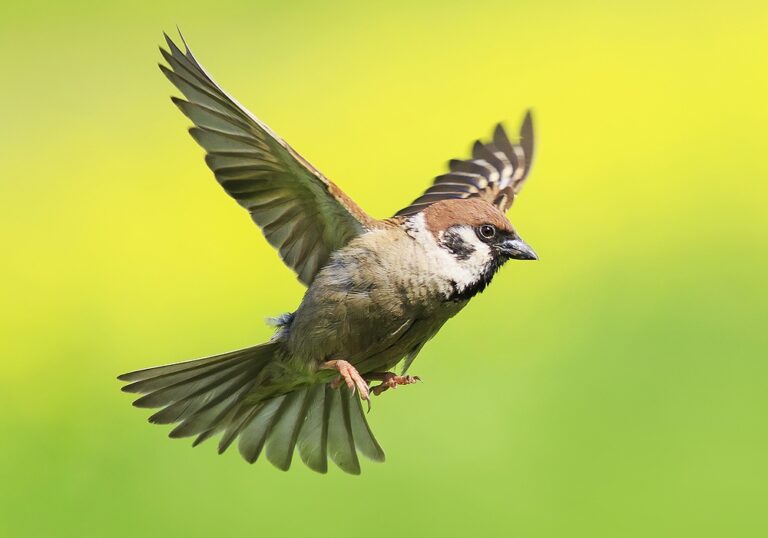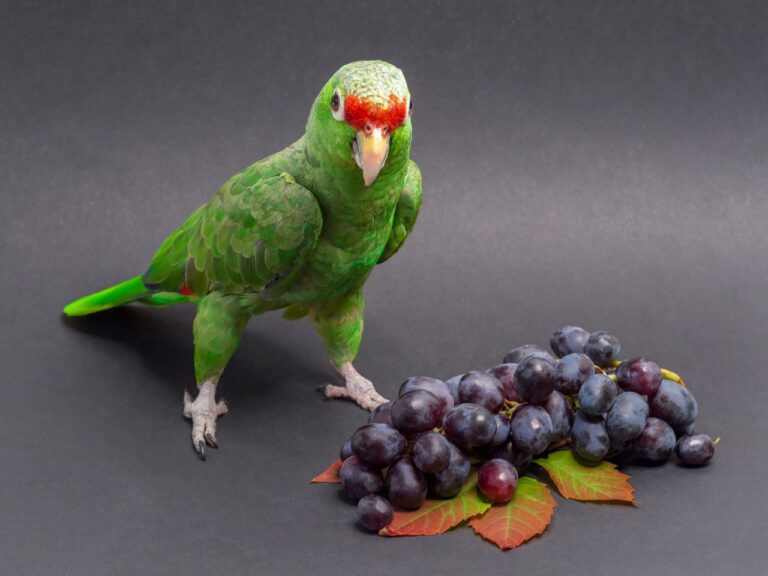Do Birds Know Who Feeds Them: A Look at Avian Intelligence
Birds have long been admired for their beauty, grace, and intelligence. They are known to be among the most intelligent of all animals, with a wide range of cognitive abilities.
One question that has intrigued bird enthusiasts for a long time is whether or not birds know who feeds them.
We will delve into this question and explore the fascinating world of avian intelligence.
How Do Birds Learn to Recognize Their Feeders?
Birds are capable of recognizing patterns and associating them with certain events or outcomes.
For example, they can learn to associate the sound of a predator with the need to take cover or the sight of a bird feeder with a source of food.
This is known as classical conditioning, which is the process by which an animal learns to associate a particular stimulus with a particular response.
When it comes to bird feeders, birds learn to recognize the location of the feeder, the appearance of the feeder, and even the time of day when the feeder is typically filled.
They also learn to recognize the appearance and behavior of the person who fills the feeder.
This is known as operant conditioning, which is the process by which an animal learns to associate a particular behavior with a particular outcome.
Do Birds Have a Sense of Identity?
While birds may be able to recognize patterns and associate them with certain events or outcomes, it is not clear whether or not they have a sense of identity.
Identity refers to the ability to recognize oneself as an individual and to distinguish oneself from others. While some bird species have been shown to have self-recognition abilities, it is not clear whether or not they have a sense of identity in the same way that humans do.
Case Study: Chickadees and Titmice
One study conducted by researchers at the University of Nebraska-Lincoln investigated the ability of black-capped chickadees and tufted titmice to recognize individual humans.
The researchers filled feeders for these birds and wore different colored hats and jackets to see if the birds could recognize them as individuals.
The study found that the birds were able to recognize the researchers based on their clothing.
However, the researchers noted that this recognition was likely based on the birds’ ability to associate certain clothing colors with certain food sources, rather than on their ability to recognize individual humans.
Case Study: Blue Jays
Another study conducted by researchers at the University of Cambridge investigated the ability of blue jays to recognize individual humans.
The researchers used a similar approach to the Nebraska study, wearing different colored hats and jackets while filling feeders for the birds.
The study found that the blue jays were able to recognize individual humans based on their clothing.
However, the researchers noted that this recognition was likely based on the birds’ ability to associate certain clothing colors with certain food sources, rather than on their ability to recognize individual humans.
Conclusion
The article explores the question of whether or not birds know who feeds them. While birds are capable of recognizing patterns and associating them with certain events or outcomes, it is not clear whether or not they have a sense of identity in the same way that humans do.
Nonetheless, the world of avian intelligence is fascinating, and there is still much to learn about these amazing creatures.
The article encourages readers to appreciate and observe the intelligence and beauty of birds and highlights the importance of continuing to explore the world of avian intelligence.


